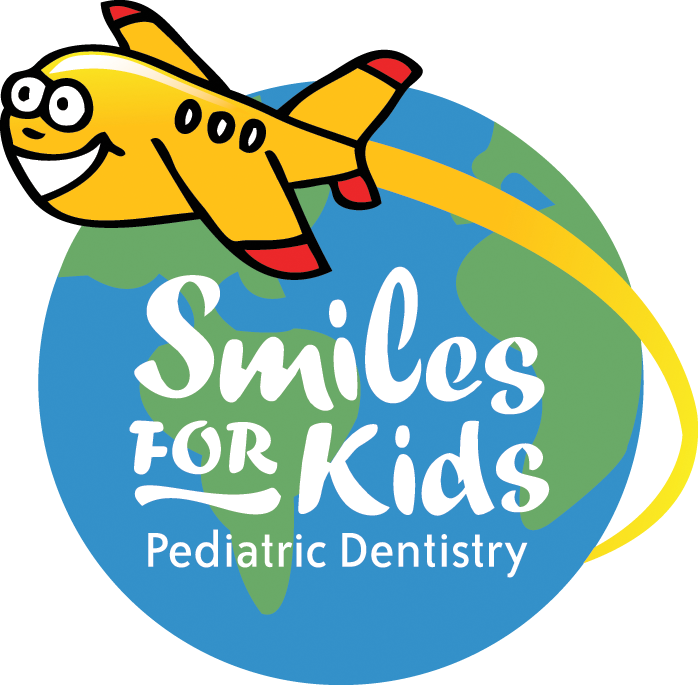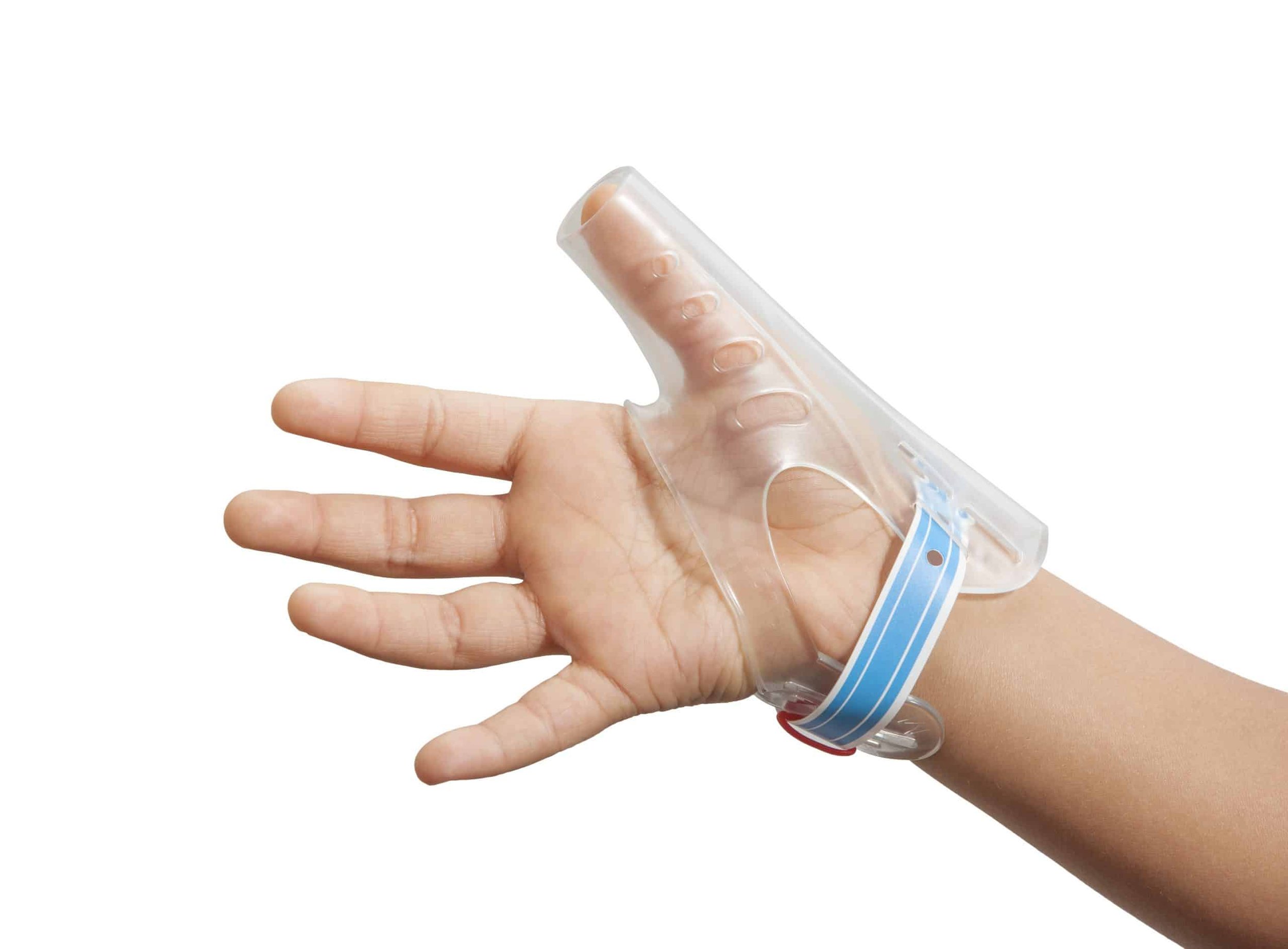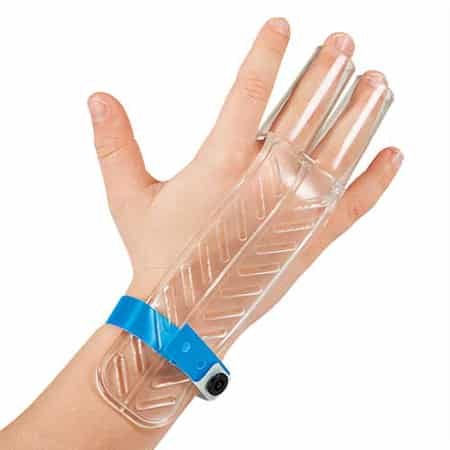Smiles for Kids Blog
Happy Birthday Dr. Lindorst!!
/March 26th is Dr. Lindhorst’s birthday! HAPPY BIRTHDAY!
We are wishing our kind, adventurous, and awesome boss lots of joy today and everyday!
Please help us wish her a very happy birthday!
Quarterly Birthday Party Winner!
/Congratulations to our birthday party winner!! We hope you had a blast at Wonderwild!
Want to win a party for YOUR birthday?! Enter your name in our birthday party box at the front desk for YOUR chance to win a birthday party sponsored by Smiles for Kids!
Easter Contest!
/Our Easter Contest Has Begun!
Count the Easter eggs around the office. Whoever guesses the closest to the right number will win a special prize!
Contest ends March 31st! Good luck!
Happy National Dentist's Day!
/Happy National Dentist’s Day to our two favorite pediatric dentists, Dr. Lindhorst and Dr. Theriot! Thank you for always having fun and making our patients smile! We appreciate you!
Remember to visit your dentist twice a year in order to help keep your pearly whites in tip top shape!
Happy Dental Assistants Week!
/We couldn’t do our jobs without our fabulous dental assistants!! We might be biased, but Smiles For Kids has the best!! They wear many hats around the office and keep everything running smoothly, help kiddos smile throughout their appointments from start to finish, keep the doctors running on time, and more. They do it all and we so appreciate you!! Thank you Rita, Ellie, Sula, Josie and Taylor!
Happy Dental Assistants Week!
More about our dental assistants: Visit our meet the team page!
Cavity Free Club Winner for February!
/Check out our drawing for the CAVITY-FREE CLUB monthly contest winner! Congrats to….
Micah!
Brush, floss and drinks lots of water to keep the sugar bugs away. YOU could be our next winner!!!
Valentine's Day Contest Winner!
/Thank you to everyone who participated in our Valentine’s Day contest!
We enjoyed reading what all of our patients loved most! Congratulations to our winner Arya!
Be on the lookout for our next contest!
Cavity-Free Club Winner for January!
/Check out our drawing for the CAVITY-FREE CLUB monthly contest winner! Congrats to….
Avery!
Brush, floss and drinks lots of water to keep the sugar bugs away. YOU could be our next winner!!!
Februrary is Children's Dental Health Month!
/Cavities, also known as caries or tooth decay, are the most common chronic disease of childhood, yet cavities are preventable. Developing good habits at an early age and scheduling regular dental visits helps children to get a good start on a lifetime of healthy teeth and gums.
Check out these important facts & tips:
Brush your child’s teeth twice a day for 2 minutes. Parents should help with brushing until they can clearly write their own name.
Floss to clean in between the teeth.
Fluoride helps to make enamel stronger and protects teeth against cavities by fighting acid & erosion.
Avoid sticky snacks like gummies, candies, cookies and crackers because those will linger on the teeth longer. Instead, try yogurt, cheese, fruits and veggies!
Water is the best drink for your teeth AND your body! Serve water at mealtime rather than juice or soda.
We’re celebrating all month long! Come visit us at Smiles For Kids!
Visit the ADA and CDC websites for more information and fun activities that you can do with your kids! Visit the ADA.org / Visit the CDC.org
Winter Contest Winner
/Thank you for everyone who participated in our winter contest!
Parker is our lucky winner!
Stayed tuned for our next contest!
Stop thumb or finger sucking with the T-Guard!
/Many parents struggle with helping their child break thumb or finger habits for years. That’s because they cannot be removed like pacifiers can! Some children wean themselves at an early age, but most will continue the habit well into the school age. We tell all our families that little can be done until the child is of an age that he or she understands the importance of quitting this habit. Children under three years of age rarely can be convinced to stop sucking the thumb. Stopping the habit before permanent teeth start erupting is important because sucking on fingers can cause changes in shape of the teeth and jaws called “malocclusion”. It also introduces germs in the mouth, and can affect their social development when a child seen sucking their fingers by their peers.
We advise our families to first start with positively talking to their children about stopping or giving rewards for stopping. Physical barriers can also be used as reminders during idle or tired times. Those range from gloves, plastic thumb/finger guards, or an appliance made by the dentist.
Today’s blog is specifically about the TGuard (as seen in the pictures). It’s a plastic, soft, flexible, and comfortable medical device that can be worn by the child as a physical barrier and reminder not to suck their finger or thumb! It’s 100% BPA-free and contains no harmful phthalates. It’s easy to put on and take off, and the straps come in various fun colors. For more information about the T guard, visit their website: www.tguard.com.
All habits are hard to break! We realize that it takes work and dedication to get rid of a habit, and we believe in a team approach. Any unwanted changes to the jaws and teeth will eventually be corrected either be itself or by orthodontic appliances (which can be costly). We try to provide parents and children encouragement and resources they need on this journey. If you have questions about your child’s finger sucking habit, give us a call at 713-461-1509 or come see us at Smiles For Kids!
Quarterly Birthday Party Winner
/Congratulations to our birthday party winners!! We hope you had a blast at Cosmic Air!
Want to win a party for YOUR birthday?! Enter your name in our birthday party box at the front desk for YOUR chance to win a birthday party sponsored by Smiles for Kids!
Cavity-Free Club Winner for December!
/Check out our drawing for the CAVITY-FREE CLUB monthly contest winner! Congrats to….
Victoria!
Brush, floss and drinks lots of water to keep the sugar bugs away. YOU could be our next winner!!!
Merry Christmas and Happy New Year!
/We hope that everyone is enjoying holidays with their families during this magical time of year.
As always, we are so thankful to have you in our dental family. Thank you for a memorable year and trusting us for all your kids' dental needs. We all truly blessed to continue watching your littles grow.
Merry Christmas, Happy Holidays and Happy New Year to all of our Smiles For Kids families!
2023 Smile For Kids Christmas Party!
/What a joyous holiday season!! The Smiles for Kids team had a great time together exchanging gifts, eating a delicious dinner and celebrating a wonderful year! Thank you Dr. Lindhorst! Cheers to 2023!
Our Winter Contest Has Begun!
/All of these trees were decorated with love by our team members to celebrate the beginning of the Christmas season. Vote for your favorite decorated Christmas tree during the month of December!!
Contest will end December 18th! Good luck!
November Cavity-Free Club Winner!
/Check out our drawing for the CAVITY-FREE CLUB monthly contest winner! Congrats to….
Coralie!
Brush, floss and drinks lots of water to keep the sugar bugs away. YOU could be our next winner!!!
Happy Thanksgiving!
/Thank you for being a part of our Smiles For Kids family! We consider you among our greatest blessing.
We would like to wish you and your family a happy Thanksgiving!
May you enjoy a grand feast and most of all loving company.
Teeth Whitening
/Many patients inquire about teeth whitening or bleaching, whether they’re starting to lose those first very opaque white baby teeth and growing in the more yellowish looking adult teeth, or our teenagers that have just completed their orthodontic treatment. Its important to know that bleaching may not be for everyone! Here are some of the biggest considerations:
AGE: Firstly, we do not recommend bleaching under the age of 16, and that is because the teeth have not fully matured yet. The pulp chamber or nerve of the tooth is still enlarged up until this age. When the teeth are whitened, this could irritate the pulp and cause it to become sensitive or to encounter nerve damage.
DENTAL HEALTH: Secondly, we cannot recommend bleaching for a patient that has active gum disease, dental caries, abnormal tooth conditions or currently is wearing any sort of orthodontic appliances in the mouth. Whitening solutions can enter the tooth and progress decay by further weakening the tooth leading to sensitivity, pain and even infection. Whitening products or bleach do not work on existing dental restorations like composite “fillings” or crowns, so its important to consider that the entire tooth may not have an even esthetic result, especially on the front teeth. Teeth that have conditions that effect the outer or inner coloring of the teeth may not respond to bleaching. These conditions include erosion (i.e. acidic diet, medical conditions like reflux/GERD, etc), enamel hypoplasia, internal tetracycline staining, previous trauma causing an internally discolored tooth, and more. For these conditions its better to consider endodontic treatment and/or veneers/crowns to achieve the desired result.
What are your OPTIONS? In the later teen years, we recommend first trying with a gentle over the counter product such as Crest whitening toothpaste or Whitestrips with parental supervision. Testing these out first will help the patient gauge how sensitive their teeth may be, if there are any allergies to the whitening agents used in the products, and if they can be reliable/consistent to use these products. If the patient tolerates these well and they still want to achieve a better result, then we recommend prescription products performed by the dentist. We make customer retainer trays that accurately fit the patient’s teeth to hold the proper amount of a higher concentration of teeth bleach that is effective and safe for the patient to use.
Bleaching is not a permanent solution and must be repeated as needed, especially because foods and drinks can re-stain the teeth over time. Bleaching should be done in a dental office by a trained professional who understand risks of damage to enamel, gums and other intraoral soft tissues and are able to educate and protect patients from such problems.
Want to know if your child is a candidate for teeth whitening? Come see us at Smiles For Kids Pediatric Dentistry!



































